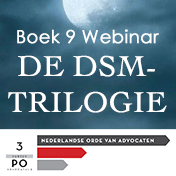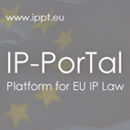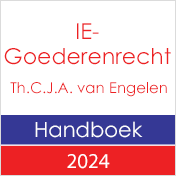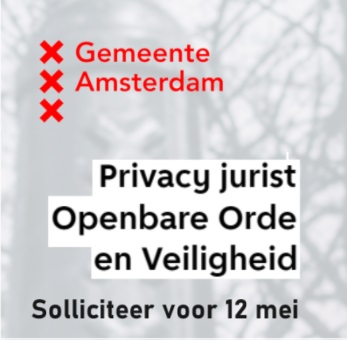A-G HvJEU: merk mag niet nietig worden verklaard wegens onduidelijke specificatie waren en diensten
22-10-2019 Print this page
Zaak C-371/18. Sky v SkyKick. Conclusie A-G Tanchev.
Merkenrecht. Sky is houdster van een aantal Uniemerken "SKY", waaronder twee beeldmerken. Volgens Sky heeft Skykick met het gebruik van “Skykick” beeldtekens inbreuk gemaakt op haar merkrechten. Skykick stelt onder meer dat de Uniemerken deels nietig moeten worden verklaard omdat de waren en diensten niet met voldoende duidelijkheid en precisie zijn gespecificeerd. Hierbij wordt gerefereerd aan de CIPA v Registrar uitspraak van het Hof van Justitie EU (IEPT20120619). De verwijzende rechter vraagt zich onder meer af of een gebrekkige duidelijkheid en precisie van de specificatie van de waren en diensten van een merk een nietigheidsgrond betreft en als dit zo is, of een term als “computer software” dan duidelijk genoeg is. Ook wordt afgevraagd of sprake is van kwade trouw als een merk wordt geregistreerd voor waren en diensten waarvoor de aanvrager niet de intentie heeft om het merk te gaan gebruiken.
A-G Tanchev geeft het HvJEU in overweging om de vragen als volgt te beantwoorden:
“(1) A registered EU trade mark or national trade mark may not be declared wholly or partially invalid on the sole ground that some or all of the terms in the specification of goods and services lack sufficient clarity and precision. A lack of clarity and precision in the specification of goods and services may nevertheless be taken into account when assessing the scope of protection to be given to such a registration.
(2) However, the requirement of clarity and precision may be covered by the ground for refusal or invalidity of marks which are contrary to public policy, as laid down in Article 3(1)(f) of First Council Directive 89/104 of 21 December 1988 to approximate the laws of the Member States relating to trade marks and Article 7(1)(f) of Council Regulation No 40/94 of 20 December 1993 on the Community trade mark, in so far as registration of a trade mark for ‘computer software’ is unjustified and contrary to the public interest. A term such as ‘computer software’ is too general and covers goods and services which are too variable to be compatible with the trade mark’s function as an indication of origin for that term to be sufficiently clear and precise to enable the competent authorities and third parties to determine on the basis of that term alone the extent of the protection conferred by the trade mark.
(3) In certain circumstances, applying for registration of a trade mark without any intention to use it in connection with the specified goods or services may constitute an element of bad faith, in particular where the sole objective of the applicant is to prevent a third party from entering the market, including where there is evidence of an abusive filing strategy, which it is for the referring court to ascertain.
(4) In the light of Article 13 of Directive 89/104 and Article 51(3) of Regulation No 40/94, where the ground for invalidity exists in respect of only some of the goods or services for which the trade mark is registered, the trade mark is to be declared invalid as regards those goods or services only.
(5) Section 32(3) of the United Kingdom Trade Mark Act 1994 is compatible with Directive 89/104 provided that it is not the sole basis for a finding of bad faith.”
Lees de conclusie hier.



























































